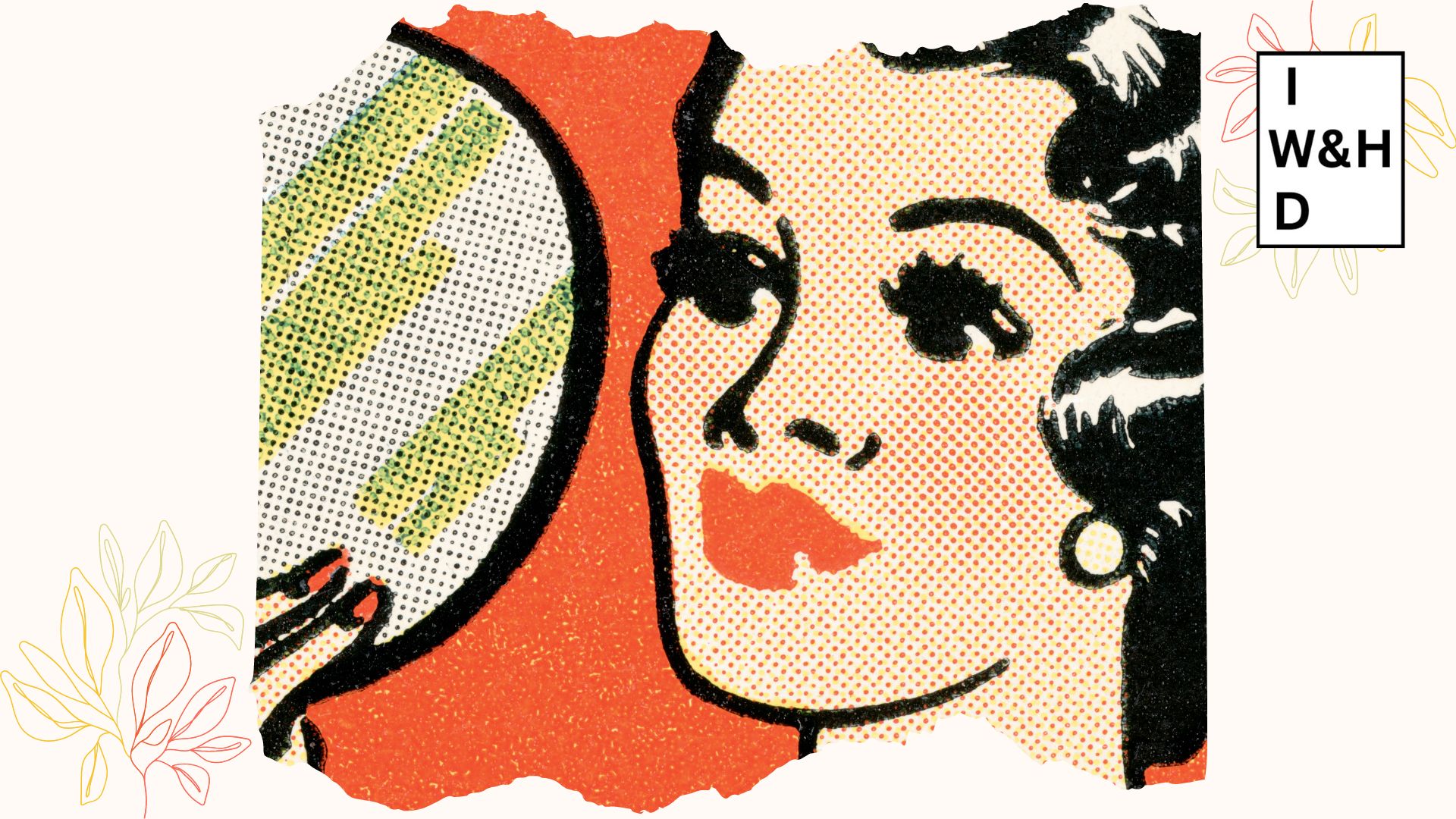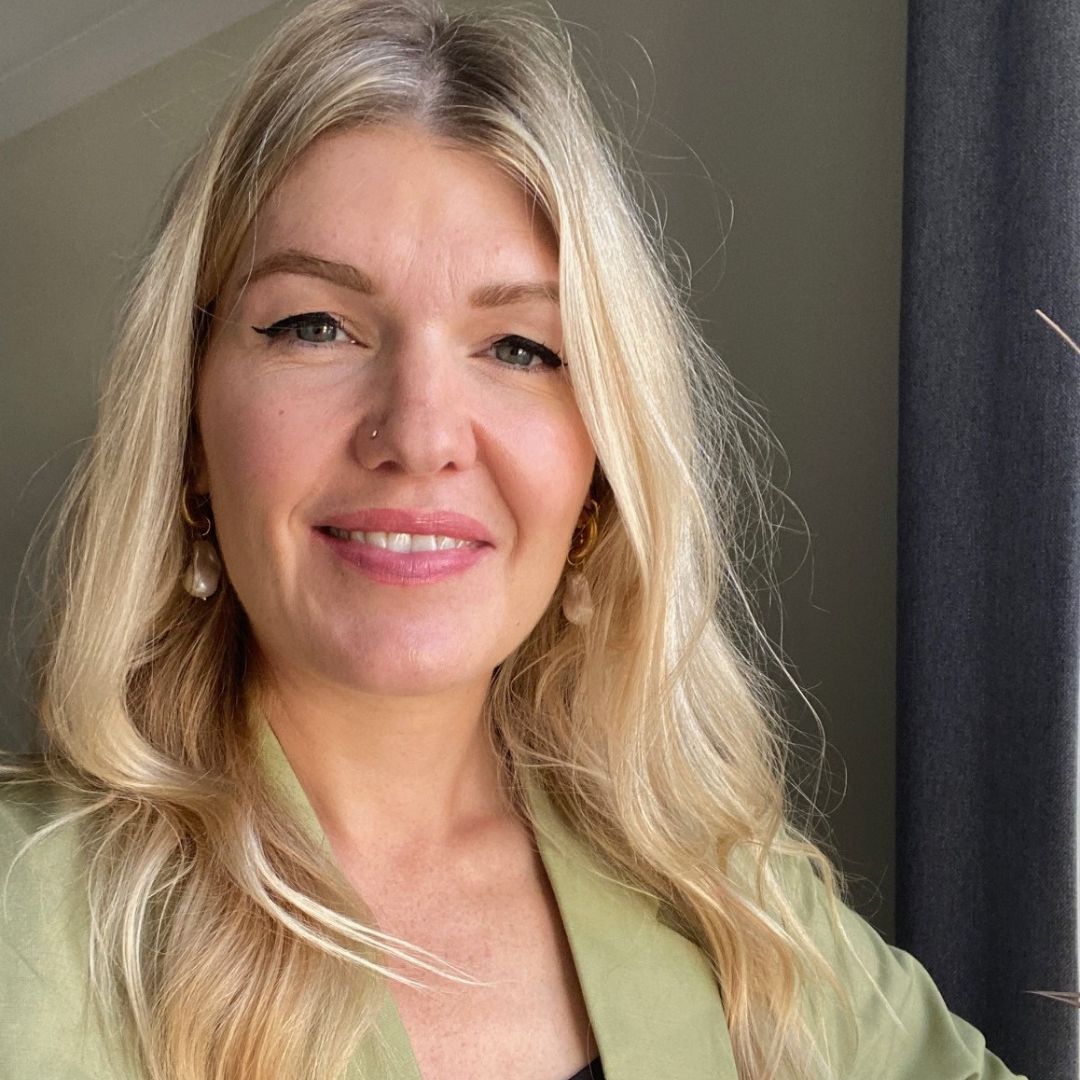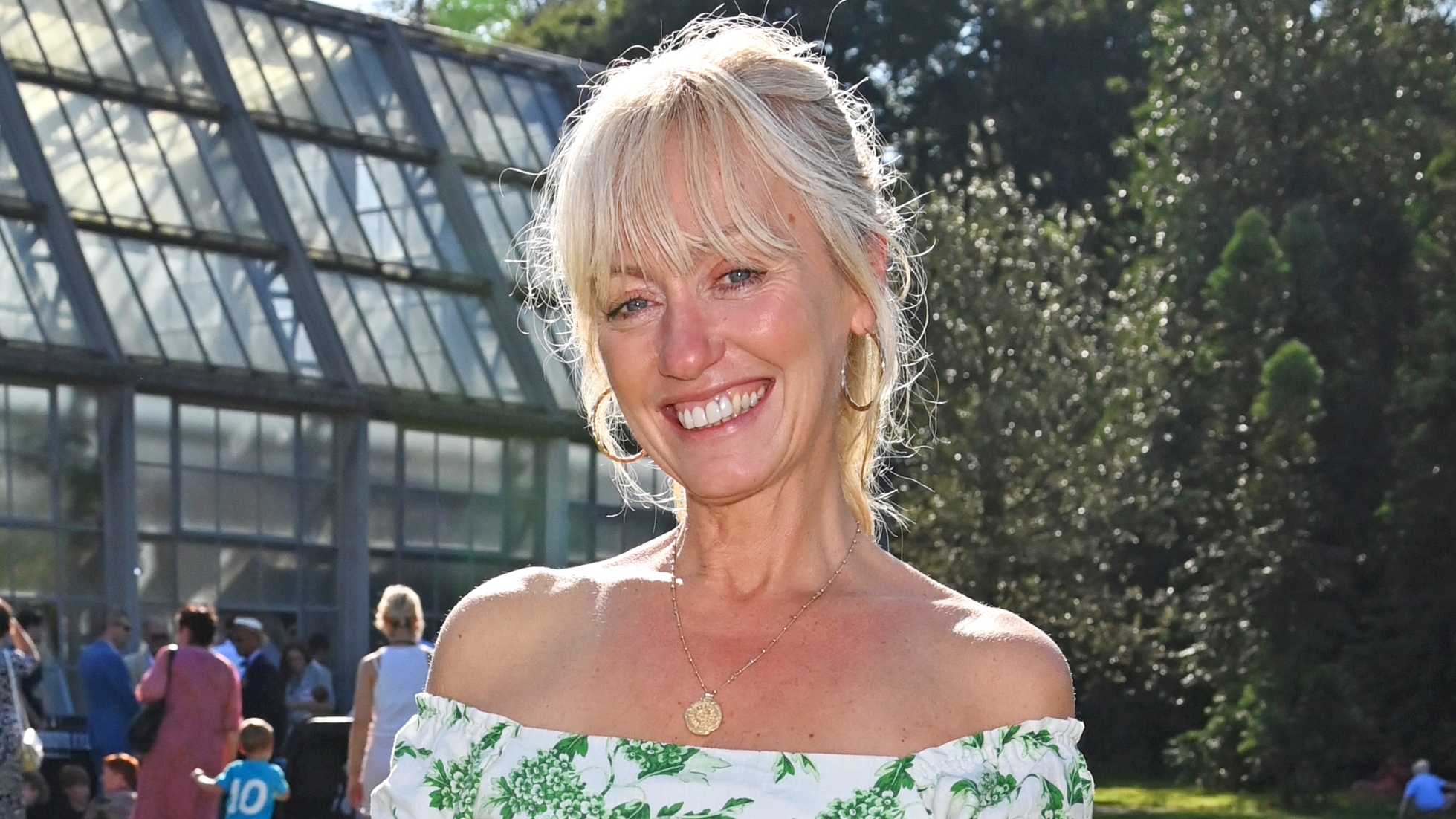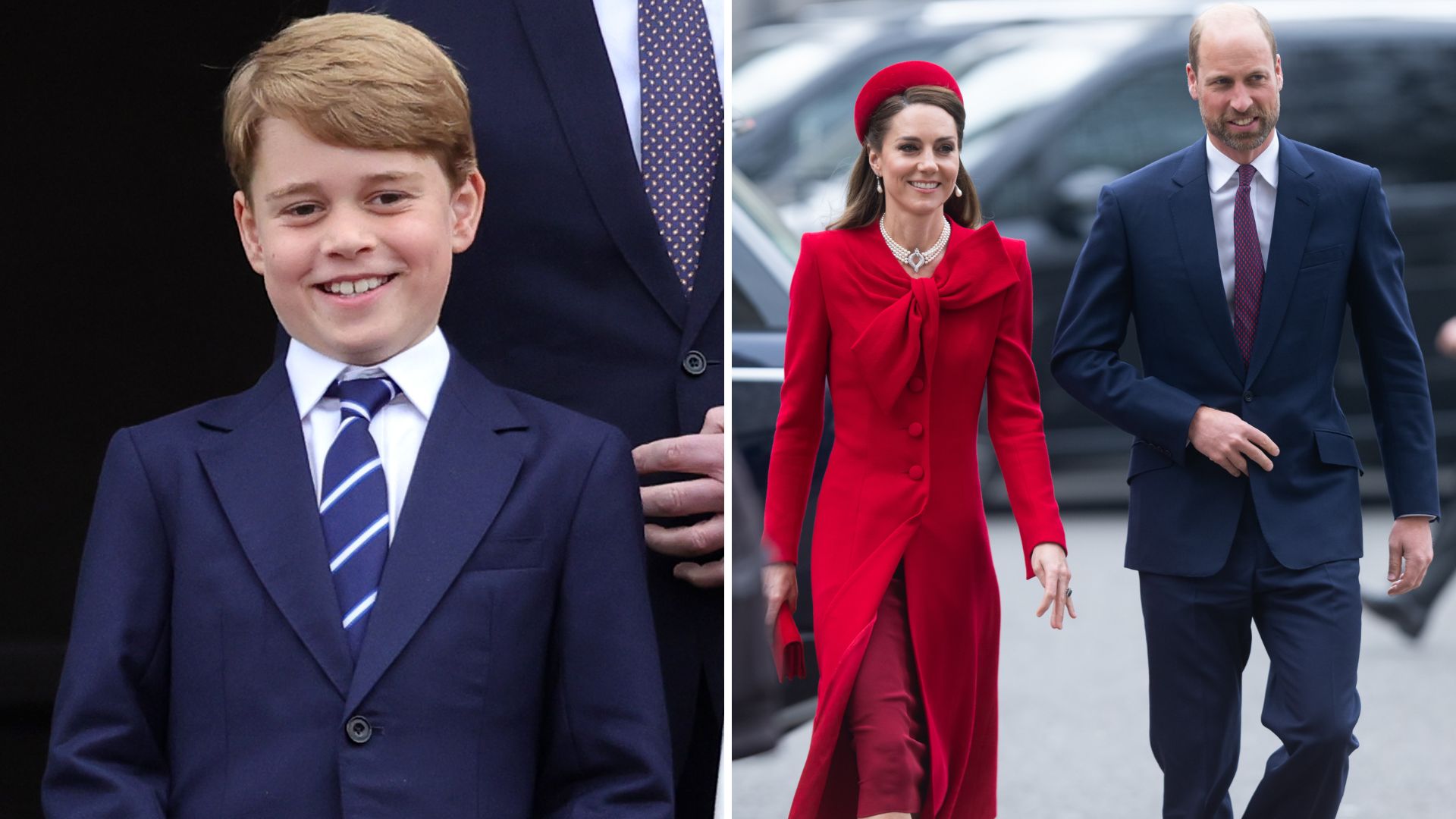We need to talk about pretty privilege: the hot topic of attractiveness bias, explained
Pretty privilege is increasingly under the microscope – but there's more to this bias than meets the eye


On one level, pretty privilege is easy to get your head around. Most of us acknowledge that there are certain benefits only enjoyed by people who are considered attractive (by narrow and problematic metrics, of course, but we'll get to that).
However, there's a lot more to the concept of pretty privilege than meets the eye. Beyond the unfair-yet-seemingly-benign advantages of being someone that society deems 'hot' over 'not' – having your pick of romantic partners, say, or flashing a winning smile to get away with a parking ticket – there are darker forces at play.
It's by understanding these mighty tectonic plates of social conditioning that sit beneath us, how they formed through hundreds of years of history and the ways they shift under our feet (enough earthquake metaphors?) that we can crack open pretty privilege and find the power to (ok, one more) shake up the status quo.
"I think what’s important is that those who know they have pretty privilege are aware of reasons why they have it," says Anita Bhagwandas, beauty journalist and author of Ugly, a brilliant modern manual on beauty standards that you can read all about in our exclusive interview. "We all need to know why some are elevated by beauty standards and some aren’t," she adds. We couldn't agree more, let's get into it.
Your pretty privilege cheat sheet
What is pretty privilege?
Pretty privilege is the self-explanatory concept that if society deems you to be pretty you will enjoy all sorts of advantages unavailable to those who are not. These range from everyday perks like generosity from strangers, to life-shaping favoritism in education and the workplace.
"Research seems to overwhelmingly favor those with pretty privilege in the workplace, especially as building confidence from an early age is said to help you step out of your comfort zone," Bhagwandas writes in Ugly, "This could translate as feeling like you are worth more when it comes to work – in terms of salary, progression, and treatment – and crucially, having the confidence to ask for it."
Whether you have personally experienced pretty privilege or observed it second-hand, most of us will have witnessed some form of this in action. Our anecdotal experience is backed up by science, with countless studies connecting a perception of attractiveness to better outcomes in all sorts of settings. In fact, the idea that good-looking people have an easier ride in life is so ingrained that many people just file it under 'common sense'. But this casual acceptance hides deeper issues.
Sign up for the woman&home newsletter
Sign up to our free daily email for the latest royal and entertainment news, interesting opinion, expert advice on styling and beauty trends, and no-nonsense guides to the health and wellness questions you want answered.
"Pretty privilege is as complex and in need of continuous evaluation as any deep-rooted societal conditioning"
Why is pretty privilege a problem?
In the most simplistic terms, it's a problem because as the cliché goes, being considered beautiful is like winning the genetic lottery. It seems to be randomly assigned and any advantages gained, personal or professional, are unrelated to merit and hard work (unless you happen to be a model and maintaining a symmetrical face and scorching 'bod are a significant part of your full-time job, of course).
However, in more nuanced – and far more important – terms, pretty privilege isn't actually as random as it first seems. Primarily, the light of 'prettiness' is shone on those who fit a narrow beauty ideal, which has shifted this way and that over the years but generally sticks quite tightly to three core values of age-based, bodily, and racial prejudice.
Then there are further layers to unpick such as colorism and a premium put on white-adjacent physical attributes, which we can largely thank colonialism for. "It’s important to reiterate that you can have pretty privilege if you’re not white, but racial discrimination is often the unspoken elephant in the room," explains Bhagwandas.
As Bhagwandas points out, this is not to say pretty people don't have problems, "Beauty can’t stop a giant hailstone falling from the sky and knocking you cold out (Slush Puppy, anyone?), or harassment, or any of the kind of insecurity issues that affect the rest of us," she writes.
Life's struggles can be as indiscriminate as blistering good looks and downsides like being stereotyped as 'just a pretty face' shouldn't be overlooked. Naturally, there are counterpoints to those arguments too but the point is, pretty privilege is as complex and in need of continuous evaluation as any deep-rooted societal conditioning.
What can we do about it?
Almost all of us acknowledge pretty privilege exists, many of us accept that it unfairly works for – and discriminates against – particular groups of people, and more people are beginning to understand the systems that lie behind this bias.
How can we push things forward still? Interrogating pretty privilege and seeking out perspectives you may not have considered can go a long way. Unsurprisingly, there's plenty of this kind of chat on social media. If you have an hour to spend down a reliably diverting and intermittently educational rabbit hole it's a particularly hot topic on TikTok, where videos labeled #prettyprivilege from every viewpoint imaginable have racked up 387 million views and counting.
Offline, have a chat about pretty privilege with friends, colleagues, and loved ones. That can be as simple as raising it in an open "have you ever noticed this?" way, or asking your housemate why she reckons rom-com character A gets twice as much action as B. Pulling up uncle Ian about his fat-phobic comments at Sunday lunch is optional, but if you have it in you, very much encouraged.
Most crucially, have a word with yourself, won't you? Question your own interactions with and judgments of others – and of course of yourself, because oppressive beauty standards don't do any of us any favors. "We all deserve to be treated well and paid fairly as our birthright, and it’s everyone's job to help create standards of beauty that are much more inclusive," adds Bhagwandas. We all have the power to help make that happen.
UGLY by Anita Bhagwandas is available now (Blink Publishing)

As woman&home's Beauty Channel Editor, Fiona Mckim loves to share her 15+ years of industry intel on womanandhome.com and Instagram (@fionamckim if you like hair experiments and cute shih-tzus). After interning at ELLE, Fiona joined woman&home as Assistant Beauty Editor in 2013 under industry legend Jo GB, who taught her to understand ingredients and take a cynical approach to marketing claims. She has since covered every corner of the industry, interviewing dermatologists and celebrities from Davina McCall to Dame Joan Collins, reporting backstage at London Fashion Week and judging the w&h Beauty Awards.
-
 Clodagh McKenna shares her 'one-minute practice' that 'really works' to clear and calm the mind
Clodagh McKenna shares her 'one-minute practice' that 'really works' to clear and calm the mindClodagh McKenna uses simple meditation to find calm, with a handy ‘one-minute practice’ helping to settle her racing thoughts.
By Charlie Elizabeth Culverhouse Published
-
 Prince George will start a new school this year and 'smart money' is on Kate and William choosing this one, says royal expert
Prince George will start a new school this year and 'smart money' is on Kate and William choosing this one, says royal expertPrince George only has just over a year left at Lambrook School and Emily Andrews believes there's a top contender for his next one.
By Emma Shacklock Published